Cassie Sainbury is struggling ‘psychologically’ in jail after her Colombian cocaine arrest
IS Cassie Sainsbury an innocent tourist who fell for the oldest trick in the drug smuggler’s handbook or was she a willing drug mule? It depends on who you ask.
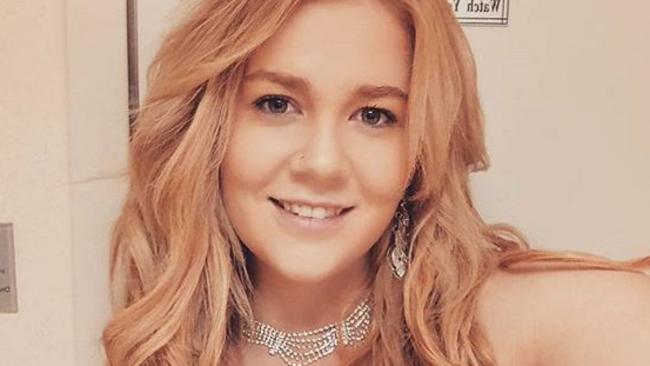
National
Don't miss out on the headlines from National. Followed categories will be added to My News.
- Dad’s distress over Cassie’s debt claims
- ‘Why would anyone go to Colombia?’
- What Netflix’s Narcos doesn’t tell you
- Cassie detained after DEA tip off
THE United States embassy in Bogota is a hulking concrete fortress that takes up almost 10 city blocks.
Deep within its secretive confines sits the Drug Enforcement Agency, where as many as 800 agents have been tracking and policing the country’s booming cocaine cartels since the late 1970s.
So tied are Colombia’s anti-narcotics police to the DEA that many see them as a puppet army for their American superiors.
So sophisticated is their surveillance, a leak of diplomatic cables recently asserted they are monitoring the entire country’s web traffic, even able to access the microphones and recorders on civilian cellphones.
As the world’s biggest cocaine producer, Colombia has by necessity spawned this law enforcement behemoth.
And just over three weeks ago, they set their sights on a young South Australian woman at the end of a nine-day stay in the capital.
LAWYER REVEALS: Cassie’s mystery man
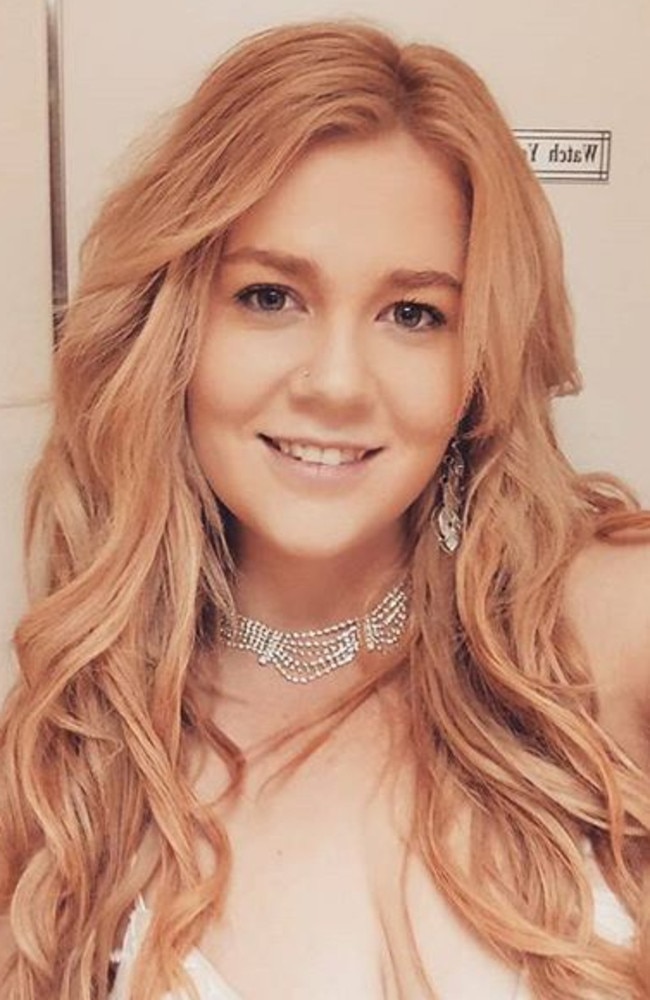
‘COLOMBIA CASSIE’
The first most Australians heard of the 22-year-old Adelaide woman who would end the week as “Colombia Cassie” was last weekend, when an online fundraising web page set up by her desperate sister Khala and mother Lisa Evans became public.
“This here is hell on earth,” Khala wrote, explaining how her little sister was being held in a Bogota jail accused of trying to smuggle almost 6kg of cocaine out of Colombia.
The family needed money so they could hire a lawyer, and Cassie was the naive victim of a predatory local man who won her trust on a quick working trip to Bogota to promote her personal training business.
REVEALED: Cassie’s great Aussie hope
She had no idea the 18 plastic wrapped packages in her suitcase contained drugs, they said. Cassie thought they were headphones she’d nabbed for a good price and was going to gift them to her bridesmaids and family at her upcoming February wedding.
A second, more sinister narrative emerged in the days that followed, with revelations Cassie was at the tail end of a six month working holiday that took her to London, China, the US and finally South America, on a ticket she had booked at the last minute.
There were claims from some locals in Yorketown, South Australia, that Cassie had skipped town in heavy debt before the trip and much weight was given to a social media post from January 10 alluding to a seminal event in a couple of months.
BRIGHT LIGHTS: Publicity could hurt Cassie’s cause
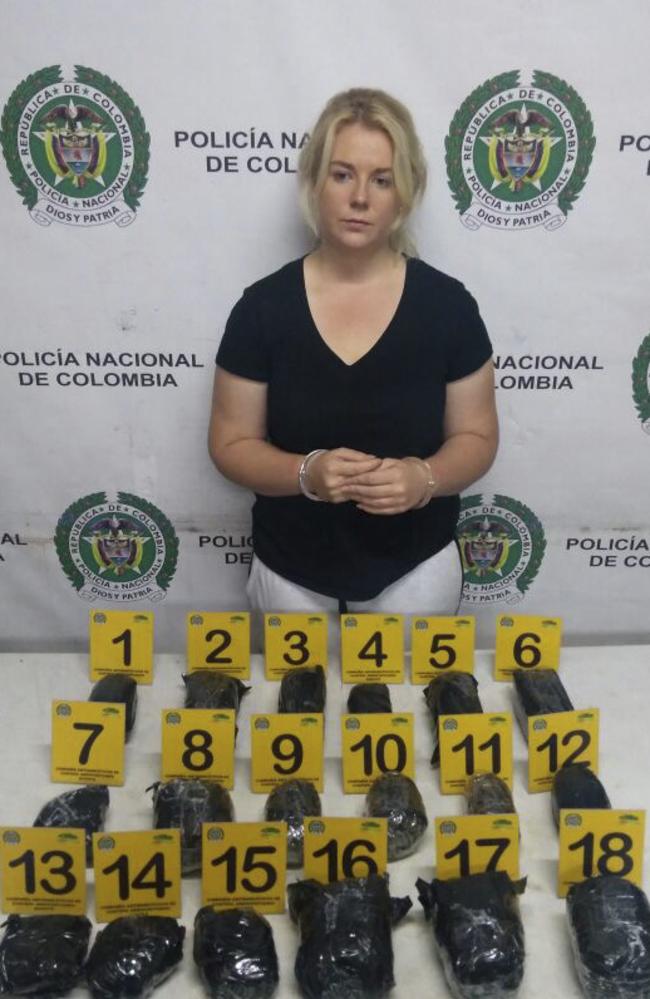
“50 days until I make the biggest move I’ve yet to do ... 50 days until everything changes,” she wrote.
Her fiance Scotty Broadbridge, with whom she had recently been living in suburban Moana, vehemently denied she was in debt and described her as “just an ordinary girl with aspirations”. He also said she wasn’t working as a personal trainer at the time of her arrest.
Cassie herself has steadfastly denied she knew she was carrying cocaine when she was arrested at El Dorado Airport on April 11.
QUESTIONS: Missing pieces in Cassie’s cocaine bust
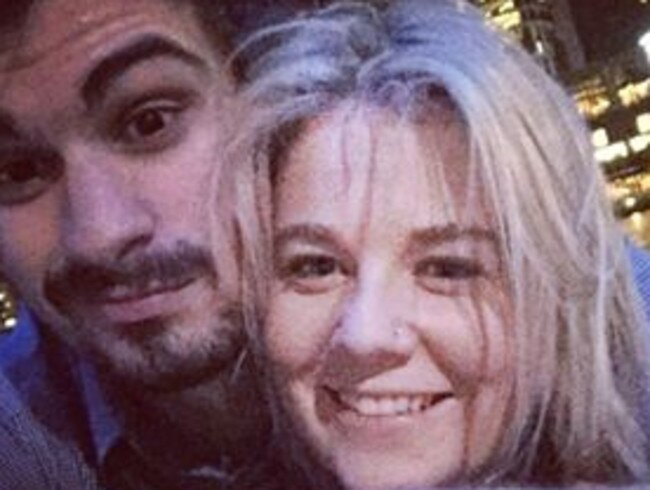
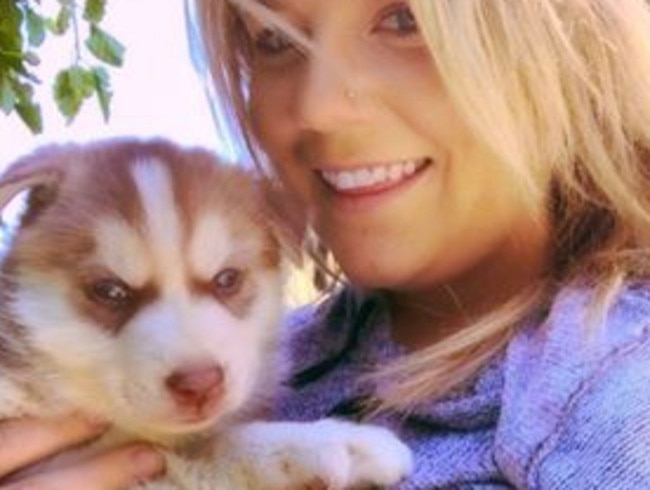
She is currently in El Buen Pastor prison deciding whether or not to accept legal advice to plead guilty to charges in return for a lighter sentence, which her lawyer says could turn a potential eight to 20 years in custody into as little as four years, with some possibly even to be served in Australia if a prisoner exchange treaty can be arranged.
Lawyer Orlando Herran says she has “one to two months” to decide which course she will take.
So, is Cassie a desperate young woman who risked a lengthy jail term for a life-changing amount of money?
Or is she an innocent young tourist who fell for just about the oldest trick in the drug smuggler’s handbook.
The answer, like everything here in Bogota, depends on who you ask.
RELATED: ‘Too young to be caught up in this’
SOMEONE WHO MADE A MISTAKE
There are varying accounts of just what Cassie did to draw the attention of the DEA, who sent an alert to Colombian narcotics police to search her luggage should she try to leave the country.
News Corp Australia exclusively revealed how this tip off led to her arrest, and later reports said it was the last minute purchase of her airline ticket home, paid for by cash by a third party in Hong Kong, that tipped them off.
Herran is a criminal lawyer with local political aspirations, who took on Cassie’s case at the request of her Australian legal team to whom he was introduced through an international network of human rights lawyers.
He says he believes Cassie’s story — but that she should plead guilty anyway, because she has a weak defence and would spend at least two years in El Buen Pastor before she would be able to have her day in court.
“To me she seems like a good person who made mistakes,” he said.
“She trusted in someone, she accepted the packages without checking them. She’s in a grave situation where she can’t get evidence in her favour.”
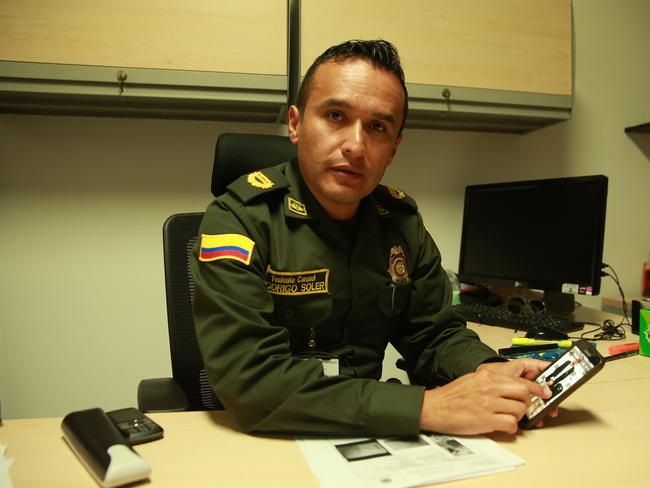
‘WE HAVE THEM ALL THE TIME’
Bogota Airport anti narcotics chief Commander Rodrigo Soler scrolls quickly through screen after screen of photos of drug traffickers on one of the three mobile phones lined up on his wooden desk.
He’s a little surprised we have found his office, about 100m down the road from the bustling El Dorado international terminal on a bank holiday Monday, but more surprised that we’ve come to ask questions about the arrest of a foreign drug mule three weeks ago.
“We have them all the time,” he says, pointing out photos of some of the characters his heavily armed officers have taken down since Cassie, who is one of 46 arrested this year alone.
“This one, she was a grandmother,” he says, pointing at a 70-year-old Mexican woman staring out from the phone, photographed beside bags of cocaine.
“And this one, you can see he is in a wheelchair and they have packed all of the drugs around his genitals,” he says with a shrug as he shows us a picture of an overweight and ill-looking old man.
Another screen shows a close up of a man who has been shot in the head.
Soler says he believes 99 per cent of the mules arrested at Bogota airport know what they are doing and the risks they are taking. And he puts Cassie into this wide basket.
“We as a unit don’t see these arrests as being great take-downs because really they are just victims of narco-trafficking,” he says.
“They have committed a crime and have to pay for it obviously, but we see them sometimes as victims because they were convinced, or in some moment they weren’t thinking clearly and they were offered money and it’s landed them in these problems.
“Our real objective is to take down the organisations, to arrest the owner of these drugs and to that the national police is working every day and sometimes we make big strikes both nationally and internationally.”
Commander Soler said Colombia’s national police work closely with multiple foreign agencies to stem the flow of drugs from his country.
“The DEA helps us, but not only the DEA, we have different countries’ help,” he said.
“Not much from Australia. There’s not a close relationship with the Australian authorities and us, but Spain, Mexico, the US, they all send out alerts saying take care with this person and some of them turn out to be true, some of them false.”
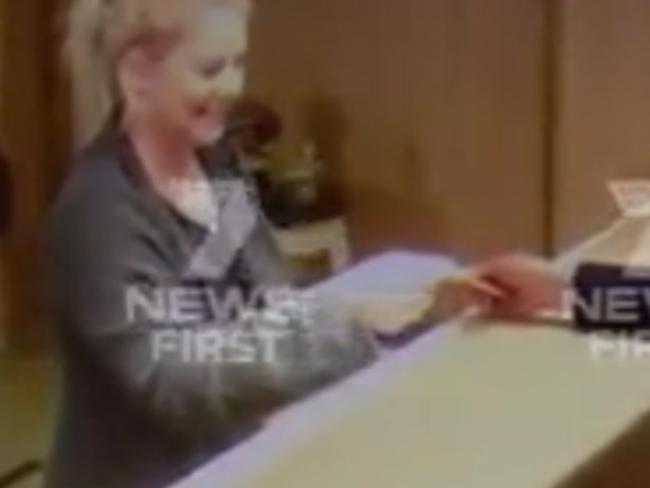
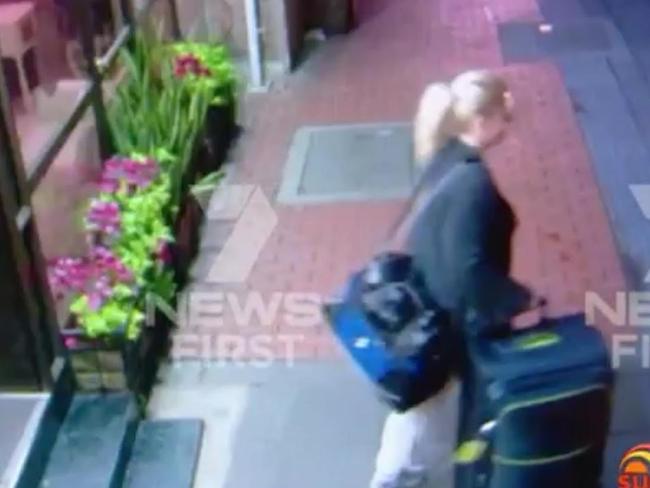
CASSIE STOOD OUT
Hotel manager Ingrid Hernandez remembers Cassie well from her stay at her family-run hotel in downtown Bogota.
Although drug dealers line a seedy nearby pathway to a square, named the Park of the Journalists, Hernandez’s hotel is clean and popular with business travellers, with
painters and carpenters working on some of the 40 rooms when we visit.
Cassie spent eight nights in the tiny room 601, which holds a bed, small bureau beneath a TV and a closet-sized toilet.
Hernandez says she stood out because she was so young, arrived alone without a reservation and insisted on only paying for a couple of days at a time.
“I try to talk to foreigners when they stay here because of Tripadvisor and everything, and I once shared the lift with her, and I asked her how she was,” Hernandez says.
“I asked her because this room is basic, for Colombians, and foreigners are usually used to a standard that is a little higher.
“That was the only room we had at the time. She arrived without a reservation.”
Hernandez rode in a lift with the young man who was Cassie’s only visitor, a young, well dressed Colombian with a stylish haircut and dark skin.
“He came a few times, the receptionists told me, but we don’t have a record of him because he didn’t stay the night,” she says.
“He was a young guy, but older than her. He looked normal. Normal height, normal build. He could have been in his late 20s, 30s. He had short brown gelled hair.”
Herran says Cassie has told him in detail about how she came to unknowingly pack the drugs into her bag, after being told by Angelo they were the headphones she bought from him to take home as presents.
“She said this guy was very friendly, he spoke English and Spanish,” he says.
“But we don’t have anymore details about him. The only thing she had was a cell phone number, no address, no nothing, no surname, nothing else.”
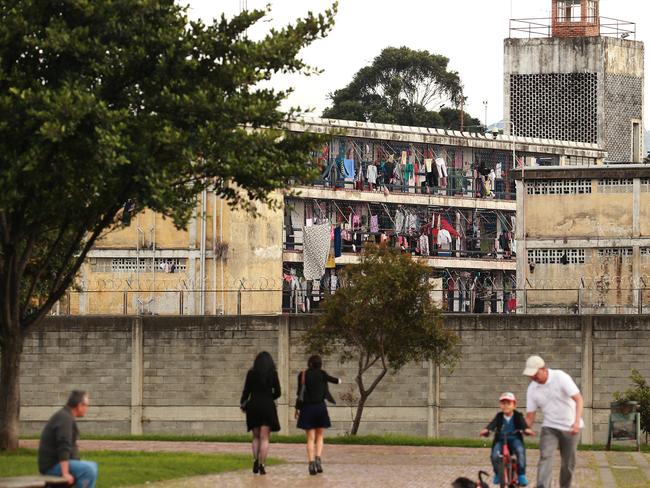
Cassie — who has formally refused all requests for interviews — has told her family at home that she called the number after she was arrested, and that the man hung up on her and the phone appears to have been destroyed.
“Supposedly she met him around the hotel where she was staying, in the first few days when she arrived here,’ Herran says.
“She didn’t speak Spanish so was supported by him, he helped her, accompanied her, they went everywhere together.
“I asked her: how did you trust him so quickly? She said that the first day she didn’t trust him, the second day a little bit more, the third day she trusted him, because he seemed very friendly, he helped with everything, with translation, he showed her around. She thought she had made a good friend.”
NARCOTOURISM
Colombian organised crime expert Ariel Avila says foreigners are increasingly being targeted by criminal gangs to smuggle drugs from Colombia, which for decades has been the world’s biggest producer of cocaine, except for a few years in the 2000s when it was challenged by
Peru.
“The cocaine market in Australia is newly prosperous, and they started to recruit young men and women as mules,” he told News Corp.
“They pay them $US10-12,000 ($A13,600-16,300) to take the drugs there. That’s for a small amount of drugs — in this case it would be probably be more.
But the entry of cocaine to Australia is difficult. It’s an island so you can only get the drugs there by air.
“Colombia is a country with narcotourism and sex-tourism. Many people come here, to the beaches or whatever, to smoke pot, to do the Pablo Escobar tours. There’s Israelis, Australians, Germans.
“And they can be recruited (into being a mule) here.
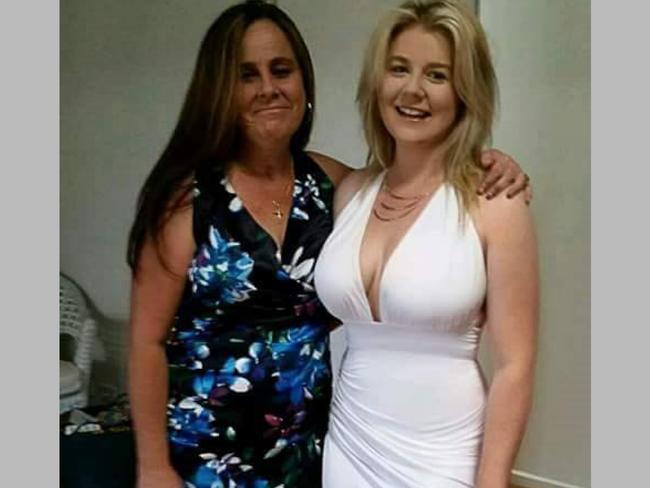
“Recently we are seeing Spanish or Australians being recruited in their own countries by dealers there. In the case of Spain, they send people who have massive drug debts and this is how they pay them.
“It’s a mix of everything.”
He said Cassie’s story of being unknowingly recruited was certainly possible.
“It could happen,” he says.
“There’s heavy parties that last 24 hours, 48 hours, in the middle of the partying you meet a guy or a girl, in this case a guy, you form a relationship fast, you have a few days being tourists in the capital, and then comes the recruitment.
“However the majority of the people know what they’re carrying. I’d say 90 per cent know what they’re carrying. Ten per cent might have been set up, but the vast majority know what they’re doing.”
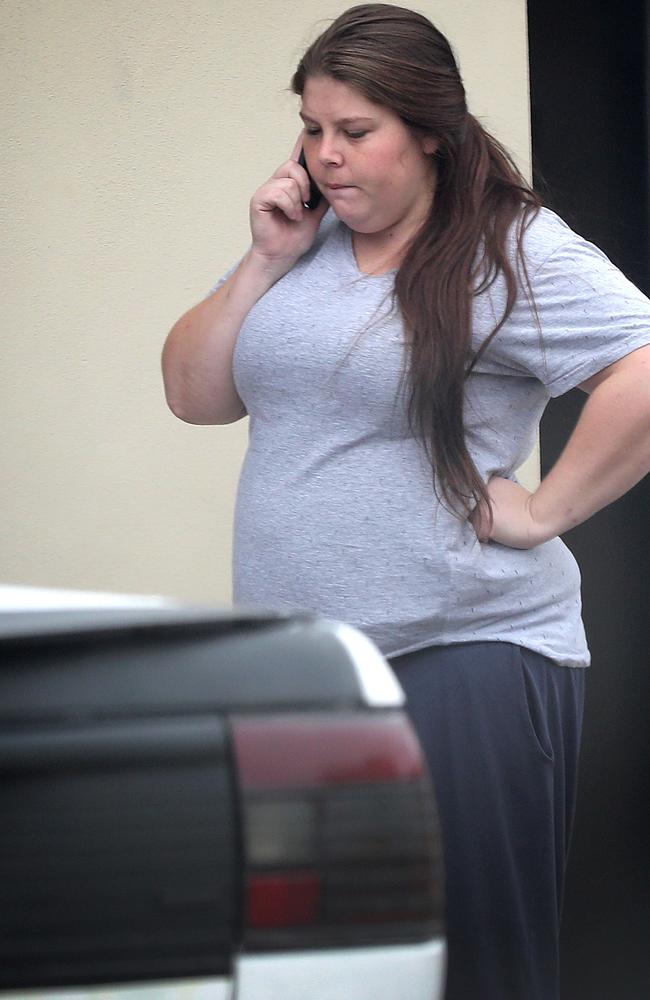
He said another possibility was that Cassie was a decoy, explaining that while cartels such as the Urabeños, Colombia’s biggest, manage the export on a large scale, there’s also a local narco, that maybe manages just one route, or maybe just one city.
“Here, we’re talking about either a small-scale trafficker getting her to take a small amount over — in comparison with the tons that go by container — or it could be a large network with lots of mules,” he said.
“Many times there are 18 or 20 mules on a plane and the narcos set one up so they distract the authorities and the rest pass. That could’ve happened to her. She could be a ‘false positive’.”
Avila said that Cassie’s presence on a DEA alert list meant she had likely come in contact with known traffickers after arriving here on April 3.
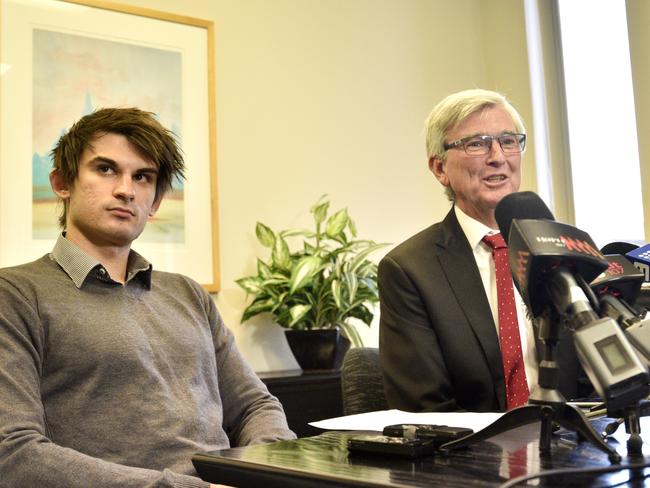
“The DEA manage in many ways the Colombian anti-narcotics police. They handle most of the intelligence. Their presence is very strong in this country. And what they have done is develop a system of operations alongside the Colombian authorities,” he said.
“They have networks of informants which both countries have access to.
“They also have informants of their own. If they had an alert on this person, it means that they knew she was going to move drugs out of the country at some point, or that she had a longtime connection with a drug-trafficker that the DEA was following. And we’re not talking about a few days, we’re talking about something longer.”
‘I WAS SO STUPID’
Whether or not Cassie decides to fight, a fraught process given she doesn’t even know the surname of the mystery man who she says set her up, she will be spending at least the next few months in the grimly overcrowded El Buen Pastor women’s prison.
While where she is sharing a cell in Patio Five is by far the most palatable section of the prison, it is still a far cry from suburban South Australia.
“It’s hard in there,” says Sandra Ardila, who runs a support network for inmates across Bogota’s prisons.
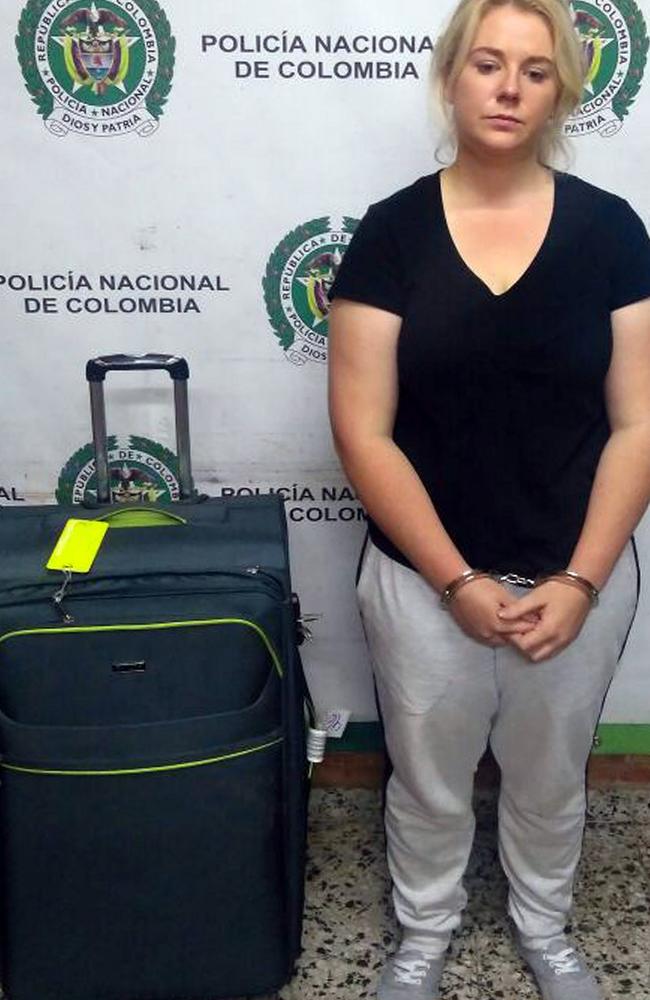
“If you don’t have money and you don’t get a good lawyer, they can get people to accept charges by applying pressure, the Fiscalia (police) doesn’t help.
“The food is terrible. Normally a piece of bread would be 120 grams, with oat meal that’s just water. Bread and water, that’s breakfast.
Once a week they give out an egg. It’s just sad.”
Herran says Cassie is ‘very traumatised” inside the jail, where she is sharing a cell with only one other woman, but her overriding emotion at the moment is one of deep regret.
“She just keeps saying: ‘Stupid, I was so stupid’. Psychologically it is very hard for her.”
And whether or not you believe Cassie is a naive young Aussie tricked by a hustler, or a hard-nosed smuggler who was caught out: it’s hard not to agree with that sentiment.
— Additional reporting Joe Parkin Daniels
Originally published as Cassie Sainbury is struggling ‘psychologically’ in jail after her Colombian cocaine arrest


